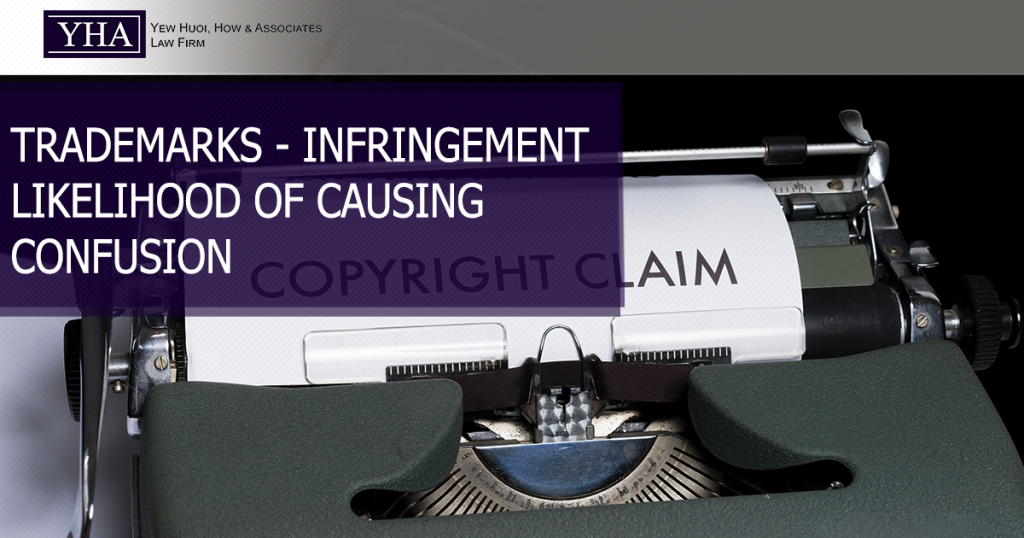Q: I found out that there is a company using similar name with my company. Can I take legal action against them?
Yes.
- You may bring action against the company for trademark infringement.
- An action for infringement could be founded upon the unauthorised use of a registered mark as part of a trade or company name.
- Upon registration of your trademark, you have a sole and exclusive ownership over the trademark.
- If there is someone infringes your trademark, you may commence a legal suit at the High Court against the infringer.
Q: What if they argue that they did not use their name 100% exactly like ours?
A:
- So long as the name is likely to cause confusion, whether the infringing mark was used in uppercase or lowercase was immaterial.
- There should not be a microscopic comparison of the minute differences between the competing marks in deciding the likelihood of confusion.
Q: What is the correct approach in deciding whether there is a trademark infringement?
A:
- Firstly, enquire whether their use of the infringing marks came within the specification of services covered by the registration of your company’s trademark.
- The words in a specification of services should be given their natural and ordinary meaning.
Q: Any advice for someone who is choosing a business name?
A:
- Conduct a name search at the business or company registry, a domain name search or at least a search on Google.
- This may avoid potential infringement of other people’s trademark.
Case in point: SkyWorld Development Sdn Bhd & Anor v SkyWorld Holdings Sdn Bhd & Ors [2020] 3 MLJ 294. Court of Appeal (Putrajaya) no: W-02(IPCV)(W)- 383-02 of 2019

